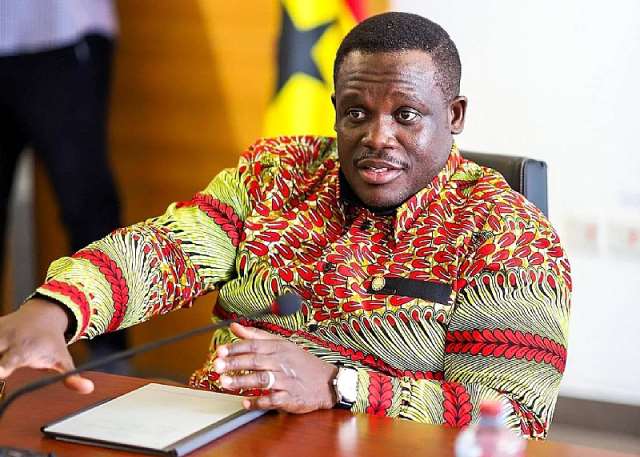Starting July 1, Internet costs in Ghana will drop by 10-15% following a landmark agreement between the government and major telecom operators–AT Ghana, Telecel Ghana Limited, and Scancom Ghana Limited (MTN Ghana).
The country’s Minister of Communication and Digitalisation, Samuel Nartey George, announced the decision in a press briefing earlier this month, describing it as a critical step toward making digital access more affordable and equitable.
The price cuts, he explained, are the result of “extensive engagements” with the chief executives of the three leading telecommunications companies in a bid to enhance consumer value and address the pressures confronting the local telecom industry.
For MTN Ghana, which holds Significant Market Power (SMP) status, the government has mandated price adjustments that will provide more data for the same cost.
For example, the GH¢399 bundle, which was replaced with a GH¢350 offer providing just 92.88 GB, will now be reinstated to its original form, offering users 214 GB at GH¢399. This translates to a cost of GH¢1.86 per GB, a sharp improvement compared with the previous GH¢3.77 per GB.
Other networks are expected to follow suit, improving data volumes for current prices or cutting down the costs, based on their service plans.
According to DataReportal’s “Digital 2024: Ghana” report, Ghana had 24.06 million internet users as of January 2024, with an internet penetration rate of 69.8%. Mobile connections stood at 38.95 million, equivalent to 113.1% of the total population, due to multiple SIM ownership.
As of January 2024, Ghana had about 34.45 million people, and around 24.06 million of them were using the internet. That’s nearly 70% of the population. There were also 38.95 million mobile connections in the country, much more than the total number of people. Many Ghanaians switch between multiple SIM cards to take advantage of mobile offers on various networks.
In March 2025, the country was ranked second globally for high internet costs, with users paying \$2.58 per Mbps, according to Africa Briefing. This placed the country just behind the UAE, and far above the global average. The high cost was mainly due to limited market competition and expensive infrastructure.
The price reduction is part of an industry overhaul that aims to ease the heavy tax pressures and create a sustainable environment for telecom operators in the country. The reforms are also targeted at small business owners, remote workers, students, and content creators, who comprise a large share of Ghana’s digital economy.
Additionally, it signals the government’s willingness to intervene in pricing structures to make data more accessible in the face of economic pressures and rising inflation.
However, there are concerns. Stakeholders insist that affordability must be matched with improved service quality. Despite the country’s high data costs, network coverage in many regions has remained erratic.
Analysts caution that without sustained investment in infrastructure, regulatory oversight, and transparency in telecom pricing, these gains may be only short-lived
The rollout of reduced data costs could mark a turning point in Ghana’s digital journey, making the internet more accessible to underserved populations and boosting participation in the digital economy.
As Ghana moves forward with its Digital Ghana Agenda, the question remains whether this price reduction is the beginning of a consumer-focused telecom era or just a temporary fix.





